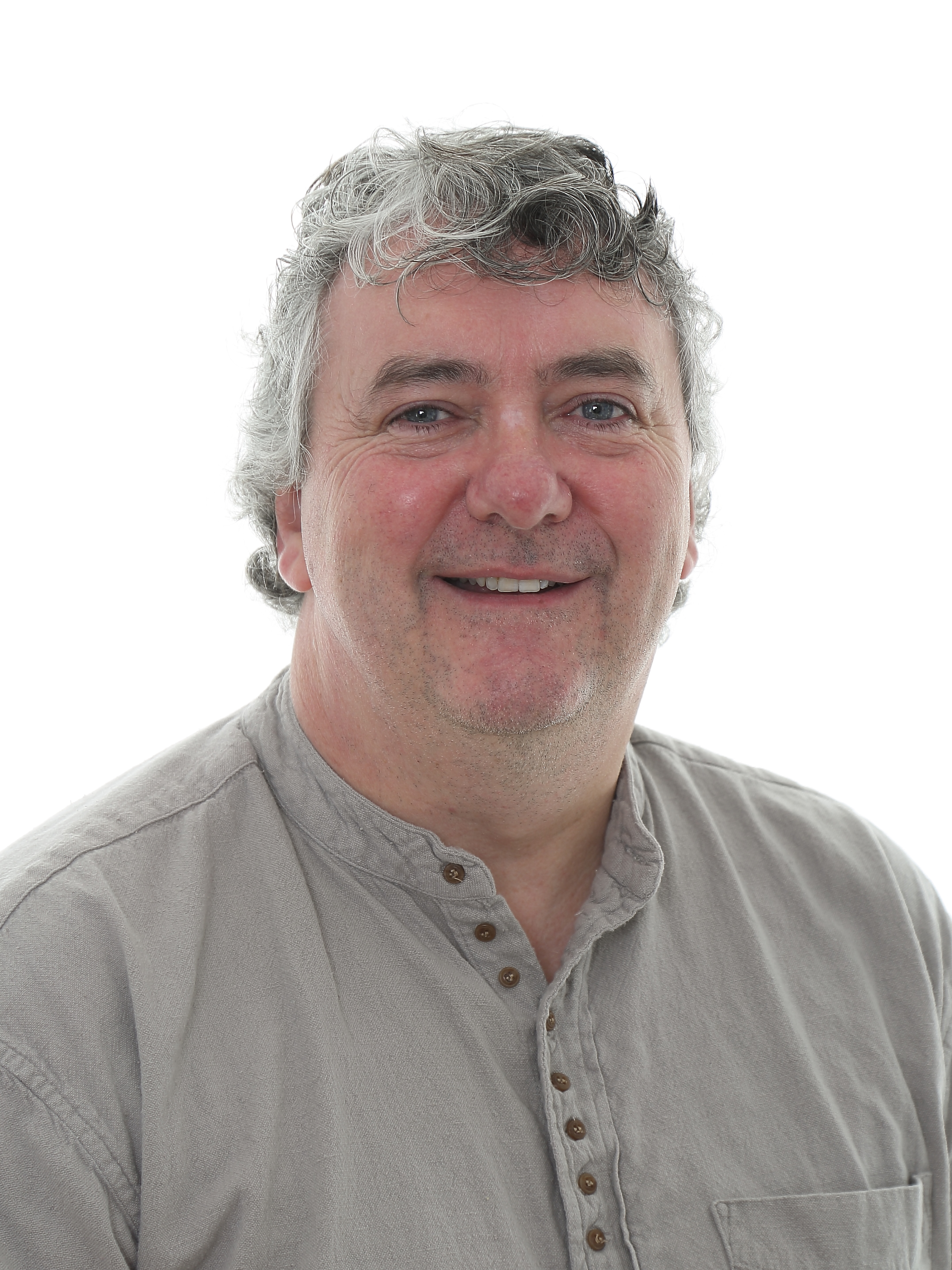- Pringle: We need a policy that recognises the importance of inshore fishing
- Pringle: Disabled people and carers face crisis of State neglect
- Pringle: Failed FF/FG housing policies forcing people to put their lives on hold
- Pringle welcomes Donegal council motion on Occupied Territories Bill: ‘We cannot stand by in the face of genocide’
Pringle: Government must end uncertainty in funding for Family Resource Centres and other community-led services in Donegal
- Updated: 30th January 2020

‘The community-led model works,’ the independent candidate says
Independent General Election candidate for Donegal Thomas Pringle slammed the government for its failure to robustly support community-led services that do the vital work that slips through the cracks of Dublin-centred policies.
Thomas was responding to the call from the Family Resource Centre (FRC) National Forum to pledge support for FRCs and families. He supports the forum’s call for establishment of a dedicated government unit to administer the FRC programme, to preserving the autonomy of FRCs, and to ensure all FRCs receive ring-fenced, multi-annual core funding at a minimum of 160,000 euro per FRC per year and have at least three full-time staff members.
Donegal is home to 10 FRCs, in Letterkenny, Donegal town, Kilcooney, Dunfanaghy, Finn Valley, Mevagh, Moville, Pettigo, Raphoe, and St Johnston/Carrigans.
In his manifesto for Donegal, For Donegal, For the People, Thomas called for funding for community-led projects that focus on local needs to be increased and ring-fenced.
Thomas said: “I have visited many community projects, “It is clear the community-led model works.
“And yet these valuable organisations are constantly struggling due to minimal and uncertain government funding.
“This is not only short-sighted, it is another slap at Donegal and rural communities,” he said. “These services provide vitally important supports and programmes and are constantly under threat of closure despite being value for money.”
These community-led initiatives range from the network of FRCs to services targeting a particular local need, such as the domestic violence service Lifeline Inishowen and iCare, Inishowen Children’s Autism Related Education.
“Nobody knows the needs of our community better than the communities themselves,” Thomas said. “That’s why in my manifesto for Donegal I’ve called for funding for community-led projects that focus on local needs to be increased and ring-fenced. Multi-year funding for this important work would allow the services to plan for the future and meet the challenges their communities face.”
Last year Thomas raised the ongoing issue of the potential closure of Lifeline Inishowen at the Council of Europe in Strasbourg.
He linked Lifeline Inishowen to the Istanbul Convention on preventing violence against women and domestic violence, telling the Council of Europe that Lifeline Inishowen “have consistently stepped in where the Government has stepped out”.
Donegal’s 10 FRCs use a community-based model of family support, involving local people in identifying local needs and developing needs-led responses. Yet FRC core funding has still not been restored to 2008 levels.
“This shouldn’t be the case,” Thomas said. “If Government is serious about supporting Donegal people, government must support these community-led projects.”
